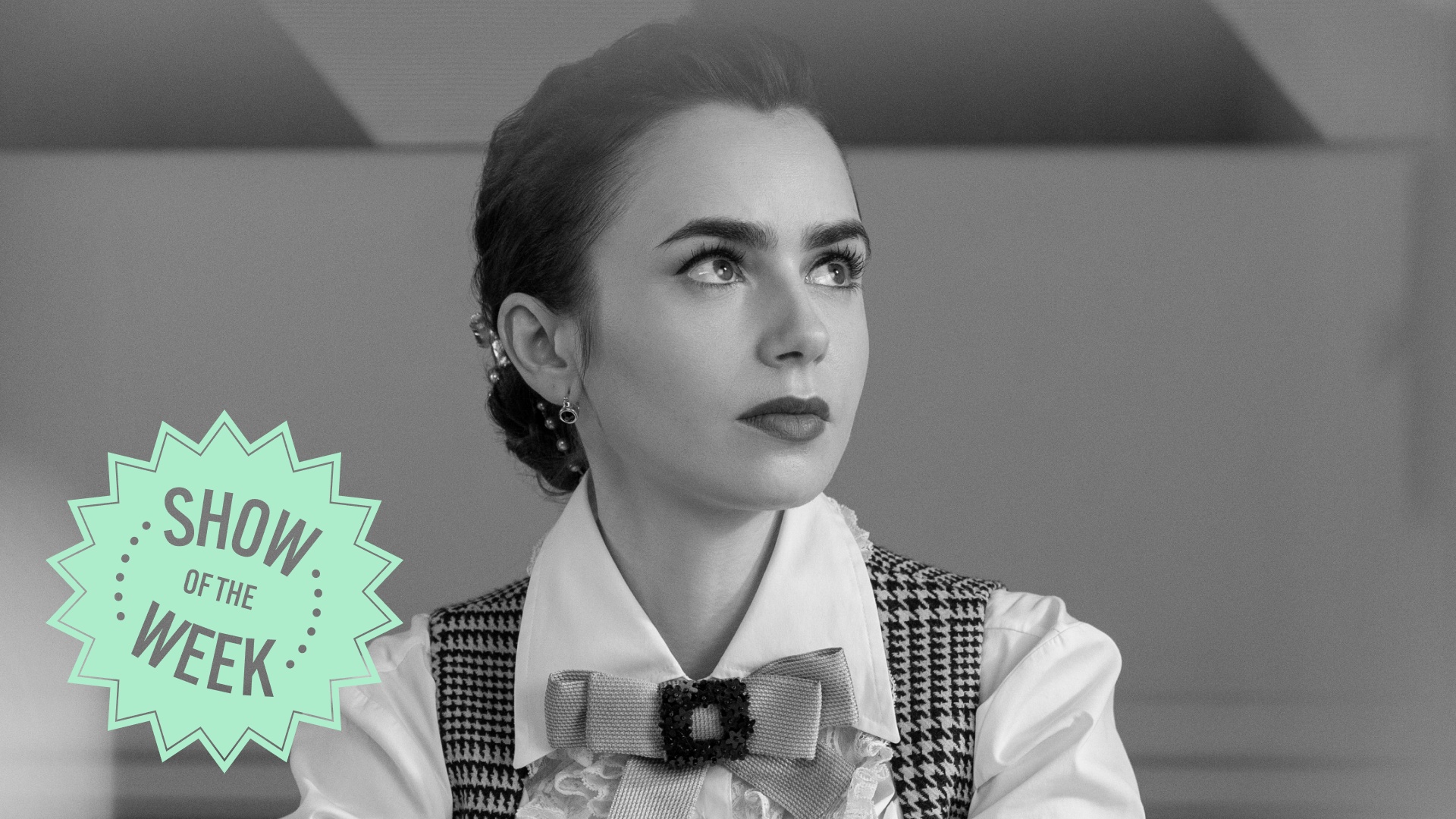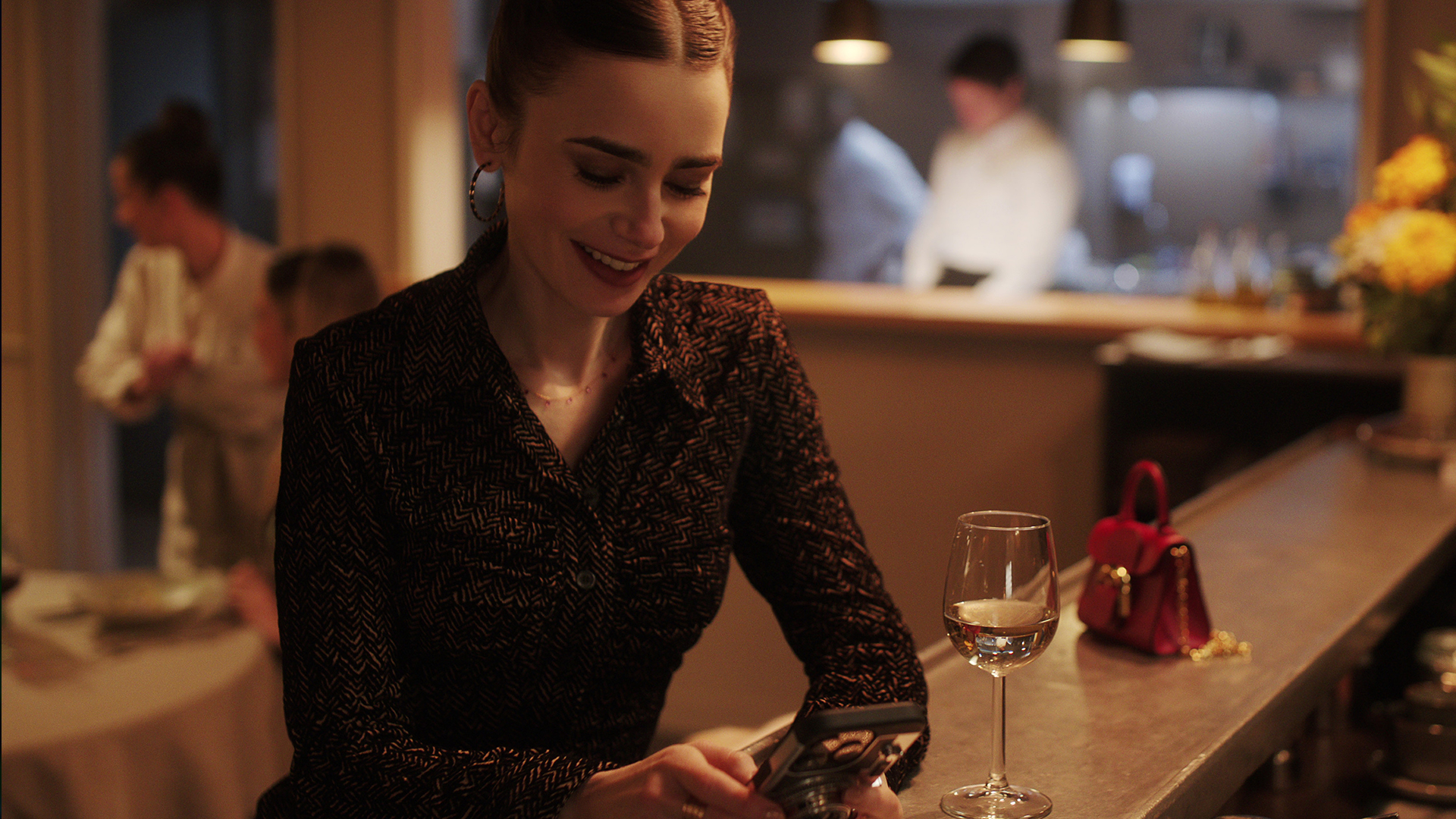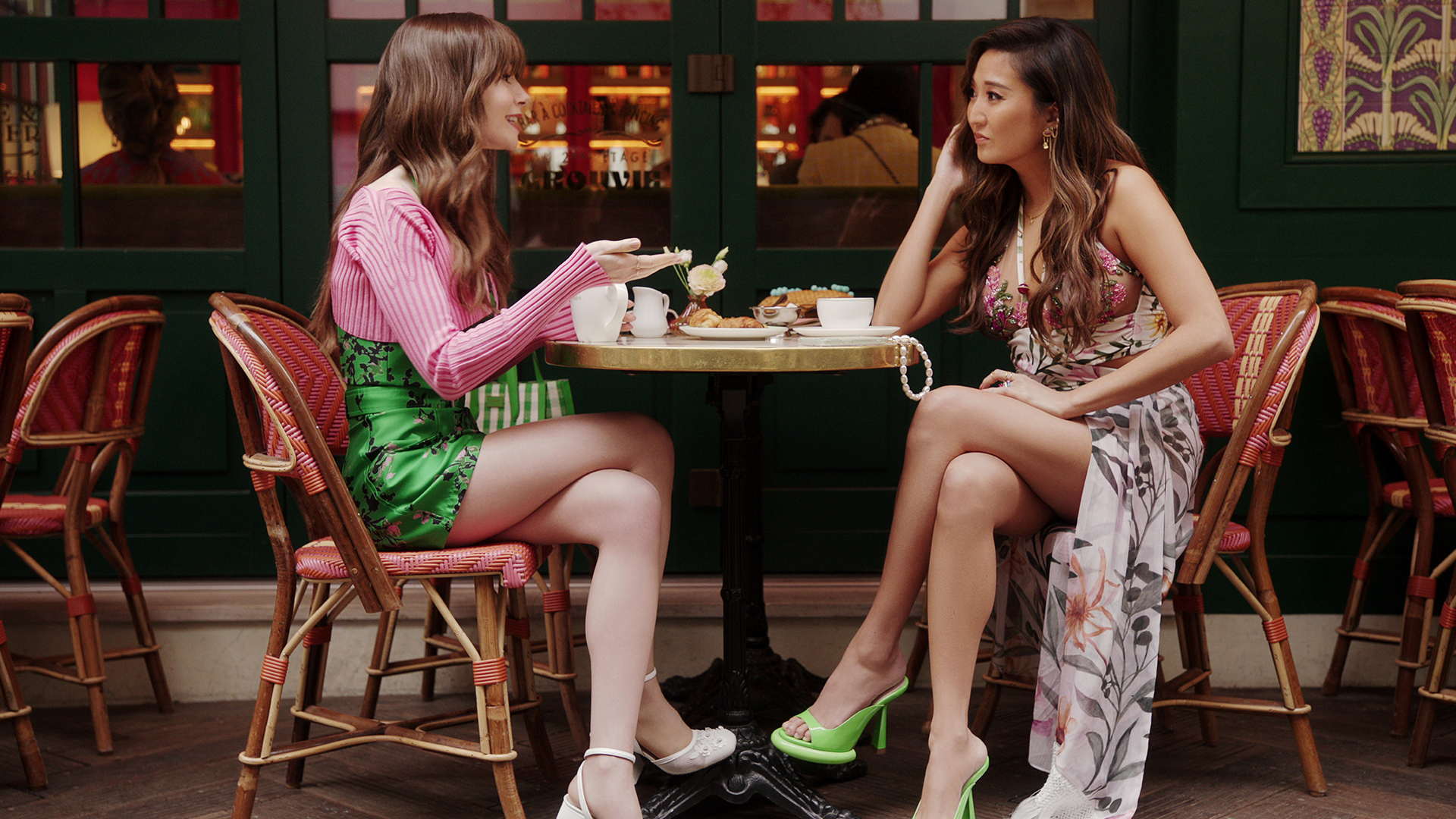Emily in Paris is still very bad at her job – but the series shows a lot more growth

Clarisse Loughrey’s Show of the Week column, published every Friday, spotlights a new show to watch or skip. This week: The biggest surprise about new episodes of Emily in Paris is that the show has allowed the real world to creep in – and not botched the job.
I had to look up how long Emily has actually been in Paris. Four years in our world is, as it turns out, just under a year in hers. Does that mean I need to forgive her for my four-season-long frustration (or, more accurately, three-and-a-half season long frustration)—that I’ve spent what seems like a lifetime with this woman, Lily Collins’s Duracell-powered American immigrant, and she still can’t speak French beyond basic phrases like, “j’adore le tennis”, and can’t come up with a marketing idea smarter than making avatars kiss on camera using a virtual reality app called Zepeto? I looked Zepeto up, by the way, and, unfortunately, it’s real and makes those memoji-style abominations that only closeted narcissists masquerading as the class clown use.
In short, Emily in Paris is still very bad at her job in Paris, and I’m not sure I should have to go easier on her just because she only exists in one- or two-month bursts. Thankfully, the pleasant surprise of Netflix’s most self-indulgent series has been its developing interest in expanding beyond the cringe comedy of the witless American stumbling headfirst into Internet stardom by snapping a picture of a crêpe and captioning it “#OhCrepe” on Instagram.

In fact, season four’s first five episodes (part two arrives on 12 September) are almost blissfully absent of hashtags. Emily is serious now about her career, working under Sylvie (Philippine Leroy-Beaulieu) at Agence Grateau, and the show is serious, or at least more serious than before, about the interpersonal relationships of its cast of characters. Certainly, the storyline here is pure soap opera foam: Emily is still torn between Gabriel (Lucas Bravo), who owns a restaurant and taught her to cook with big dollops of butter (dreamy), and Alfie (Lucien Laviscount), the British boy never seen outside of a tailored suit.
Last season ended with Gabriel getting engaged to Camille (Camille Razat), who then tried to rush the wedding because she found out she was pregnant, before leaving him at the altar because she was actually, secretly, in love with a Greek artist named Sofia (Melia Kreiling). How French! Because Camille loves to keep a secret, the whole scandal has been pinned on poor Emily, because Gabriel is (obviously) still in love with her, and now Alfie has stormed off to who knows where.

So, it’s not her fault, and also definitely her fault, because everyone here shares responsibility for having a chronic inability to communicate with each other. Yet, while season four deals largely with the emotional Gabriel/Alfie/Camille fallout—plus that random side plot about her bestie Mindy (Ashley Park) qualifying for Eurovision—the most surprising element of these new episodes is that, for once, Emily in Paris has allowed the real world to creep in and not botched the job.
Workplace harassment is at the centre of one of this season’s major narrative threads. And it sort of works. The show’s writers are smart enough to know their own limits and keep the most sensitive aspects at an arm’s length, meaning there are several conversations that take place offscreen, that probably should have been onscreen, except for the fact it’s better for everyone that they weren’t. Instead, the dramatic focus rests on how the professional world handles these kinds of allegations, and the moral honesty it takes to stand by the truth when the impact stretches beyond the accused. Emily in Paris is as silly as it’s ever been, but it’s showing a lot more growth than Emily is, at least.



















